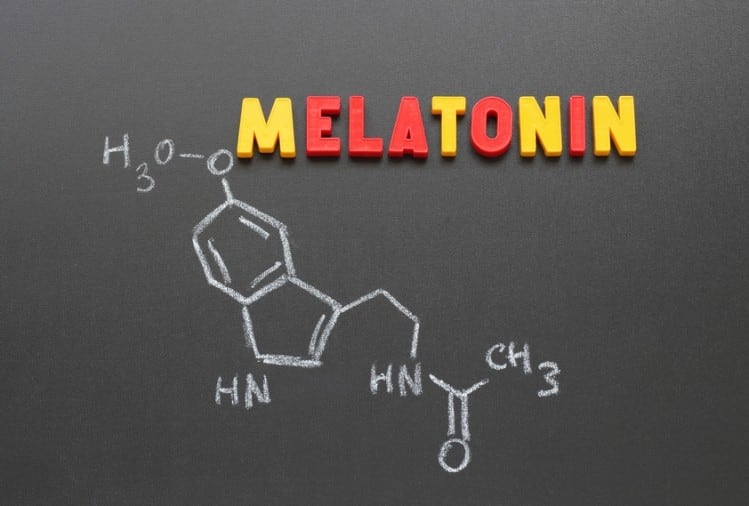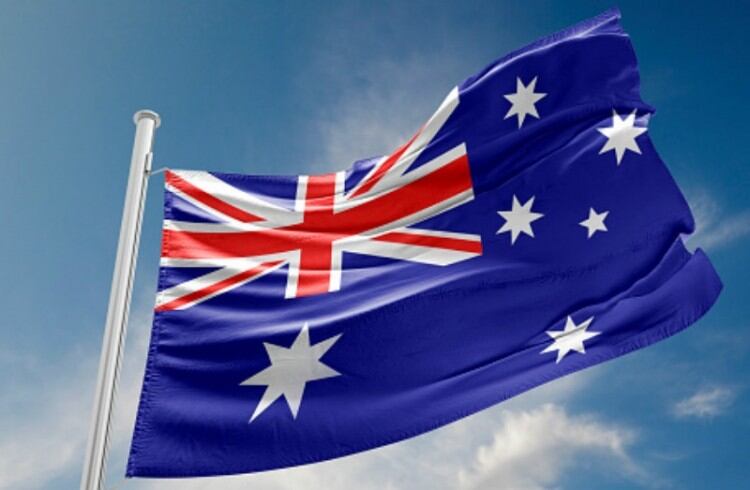Pursuant to FSANZ’s proposal to review permissions for caffeine in general foods and sports foods as well as risk assessments for sensitive sub-populations in late 2022, the agency has conducted a systematic review covering 65 studies across 2010 to 2022 to examine consumer behaviour and understanding of caffeinated foods in the local food system, particularly the risks related to overconsumption.
According to the review, consumers are not always aware that a product contains caffeine especially when this is not made clear on the label, and many consumers continue to consume more of such products even when experiencing caffeine-related side effects.
“[Across the studies], most consumers from the broader population reported perceived negative side effects from consuming caffeinated food and beverage products [but] this did not always cause consumers to reduce their caffeine intake,” FSANZ said via formal documentation supporting the caffeine permissions review.
“[For example], studies showed that coffee and energy drinks were still regularly consumed by New Zealand university students despite experiencing adverse symptoms; and other studies showed that consumers tend to be unaware that caffeinated RTDs [such as soft drinks or energy drinks] contain caffeine.
“Some consumers perceived themselves as being ‘addicted’ or ‘dependent’ on caffeine, particularly for coffee and energy drinks [with no intention to cut down intake, even though] there is a general view that there are health risks associated with overconsumption.
“Energy drink consumers in particular are generally aware of the health risks associated with energy drink consumption, however, it is unclear whether they view these health risks as being applicable to them.”
Amongst more sensitive subpopulations such as pregnant/lactating women, FSANZ also found that many consumers in this group appeared unsure about the actual maximum daily consumption limits they were supposed to adhere to.
The current recommended daily limits are set at 400mg/day for adults and 3mg/kg of bodyweight daily for children; 5.75mg/kg daily for adolescents and 200mg daily for pregnant or lactating women.
“There is evidence that a substantial subset of consumers among pregnant women (not more than 15%) are regularly exceeding the recommended maximum daily limit of caffeine from the foods that are currently available in the Australian/New Zealand food supply,” it stated.
“Coffee was the major contributor to overconsumption [and] whilst the majority of pregnant women are consuming within the recommended limits, it is not clear whether they were aware of, or had received advice consistent with, the 200 mg/day caffeine limit.
Coffee was recognised not only as the major contributor to overconsumption for pregnant women, but also for the wider general population.
“Non-alcoholic beverages in general were a main contributing food group to caffeine intakes, covering teas, soft drinks, flavoured mineral waters and coffees – and coffee was found to be the major contributor across the entire food supply to exceeding the daily recommended limits of caffeine for the general population,” said the agency.
“Notably, for children and adolescents there are [a variety of other food groups] contributing to caffeine intakes including cereal products, bakery products, milk products, confectionery products and so on with chocolate, flavoured milks and milkshakes in particular standing out.”
More information needed
Although the review was focused on securing information to introduce changes to the caffeine limits in foods, FSANZ also discovered that consumers are demanding clearer information when it comes to caffeine content in general foods and beverages to minimise the risks of overconsumption, especially with regard to energy drinks.
“Children, adolescents and consumers in the broader population wanted the advisory statements on energy drink labels to draw more attention to them and to provide more specific advice,” it said.
“For children and adolescents, this included more interpretive measures of caffeine content, plain language to describe potential negative health effects, and a recommended age limit [whereas] consumers from the broader population also reported a desire for more clearly defined safety labelling on energy drinks.”





